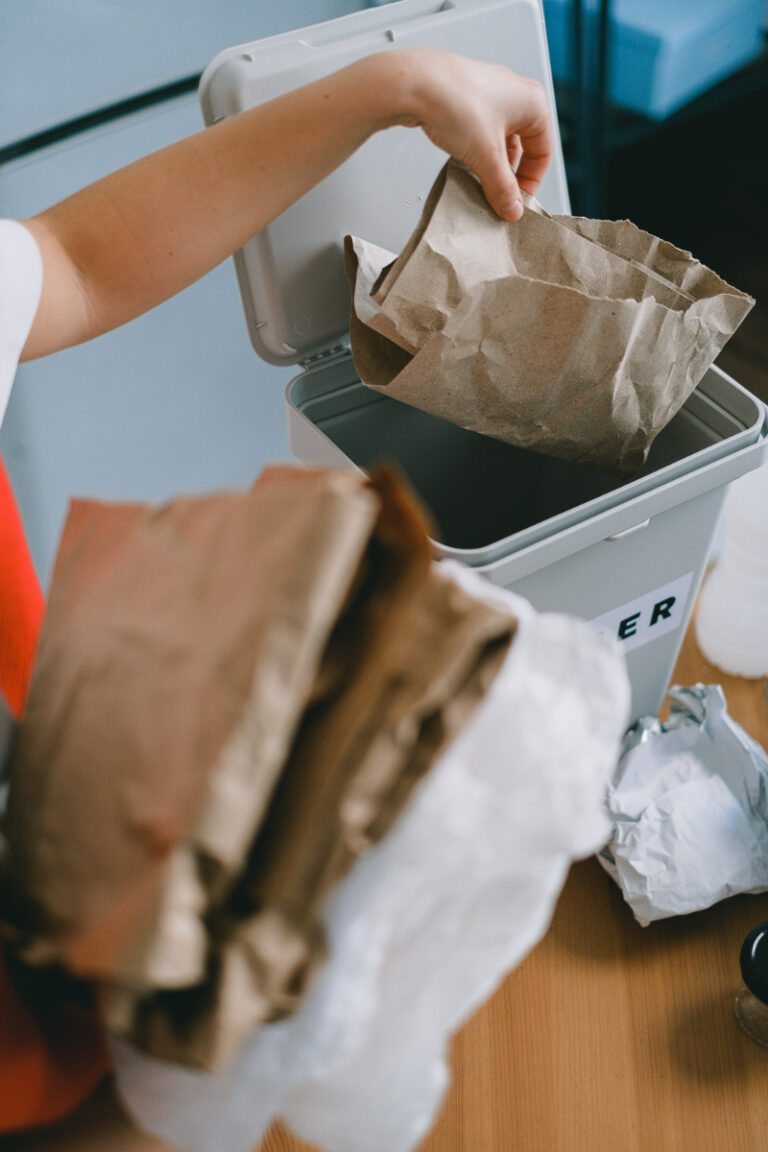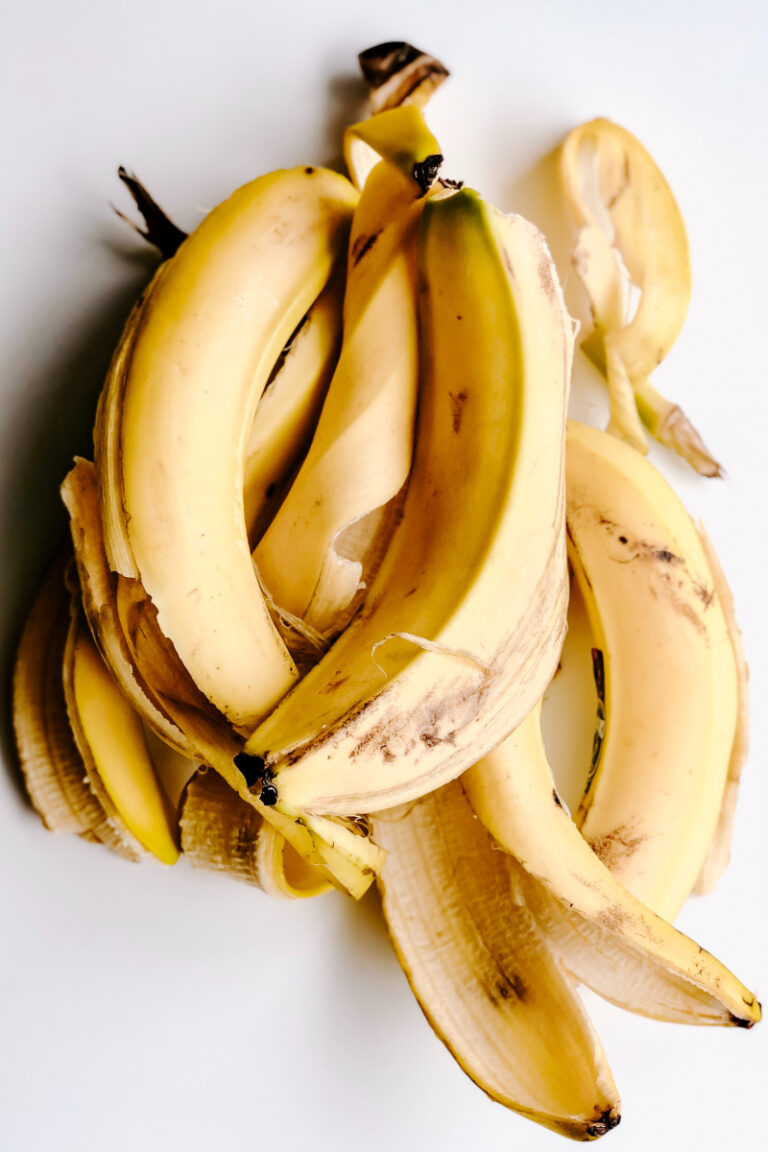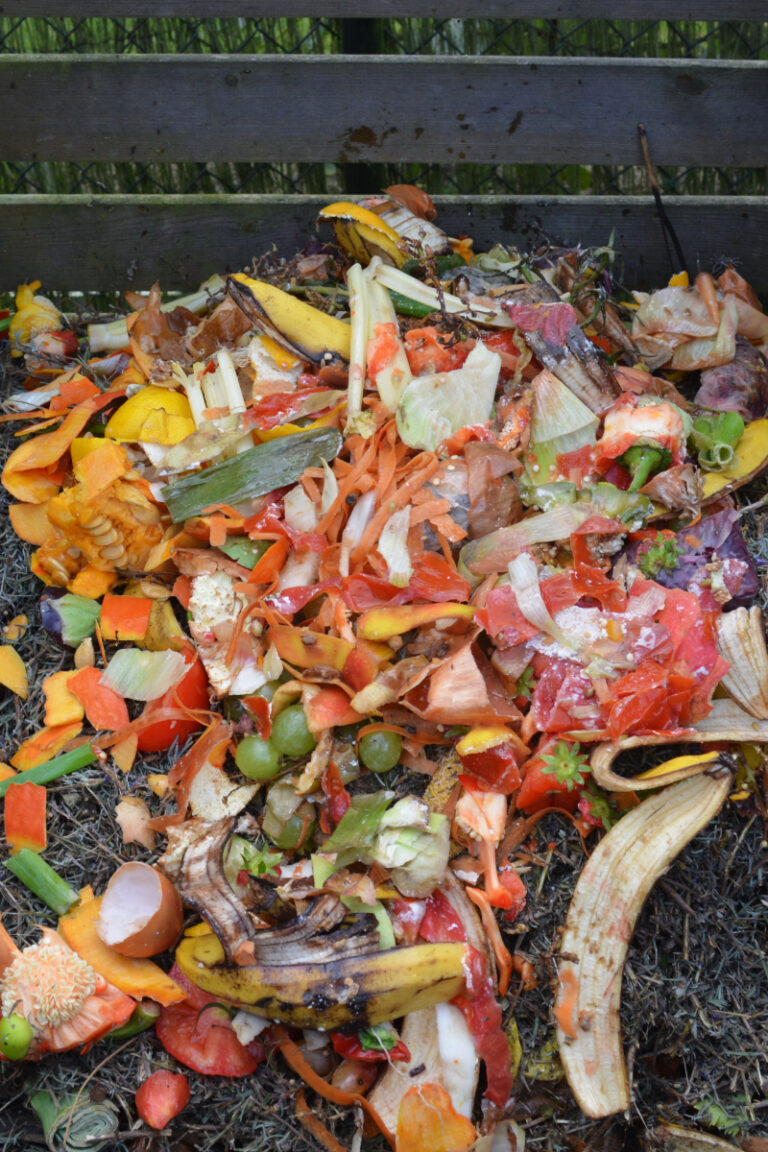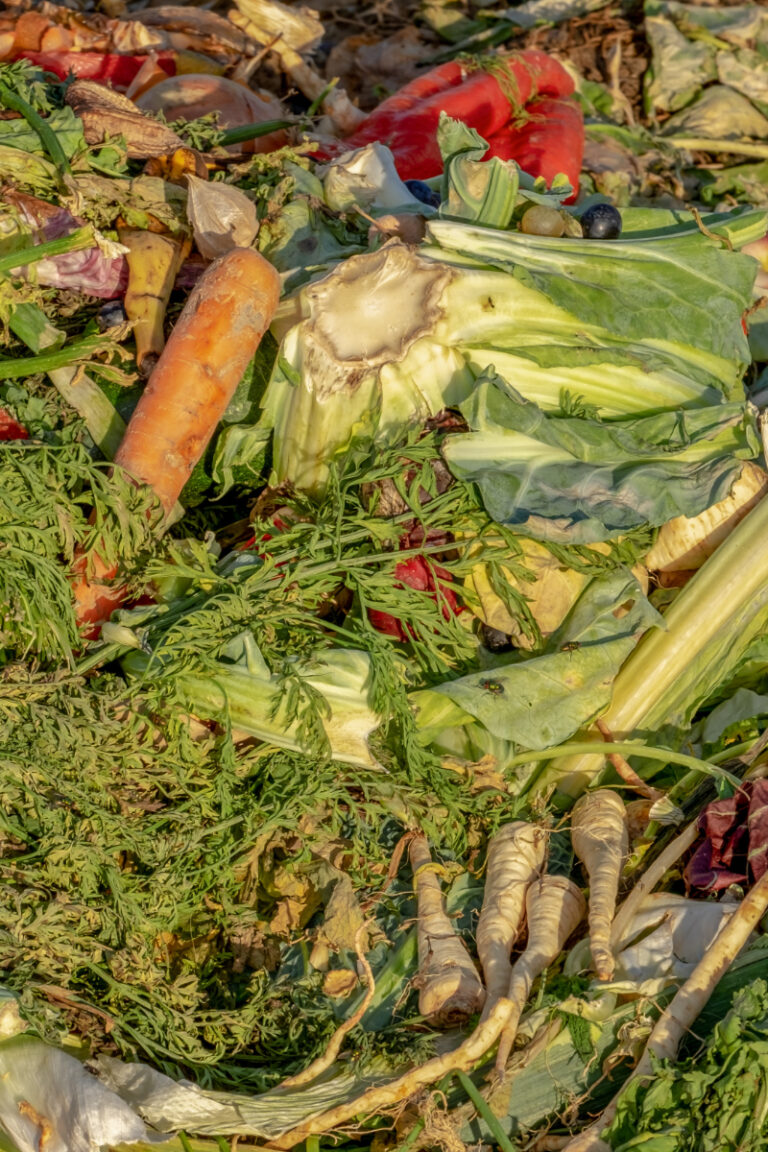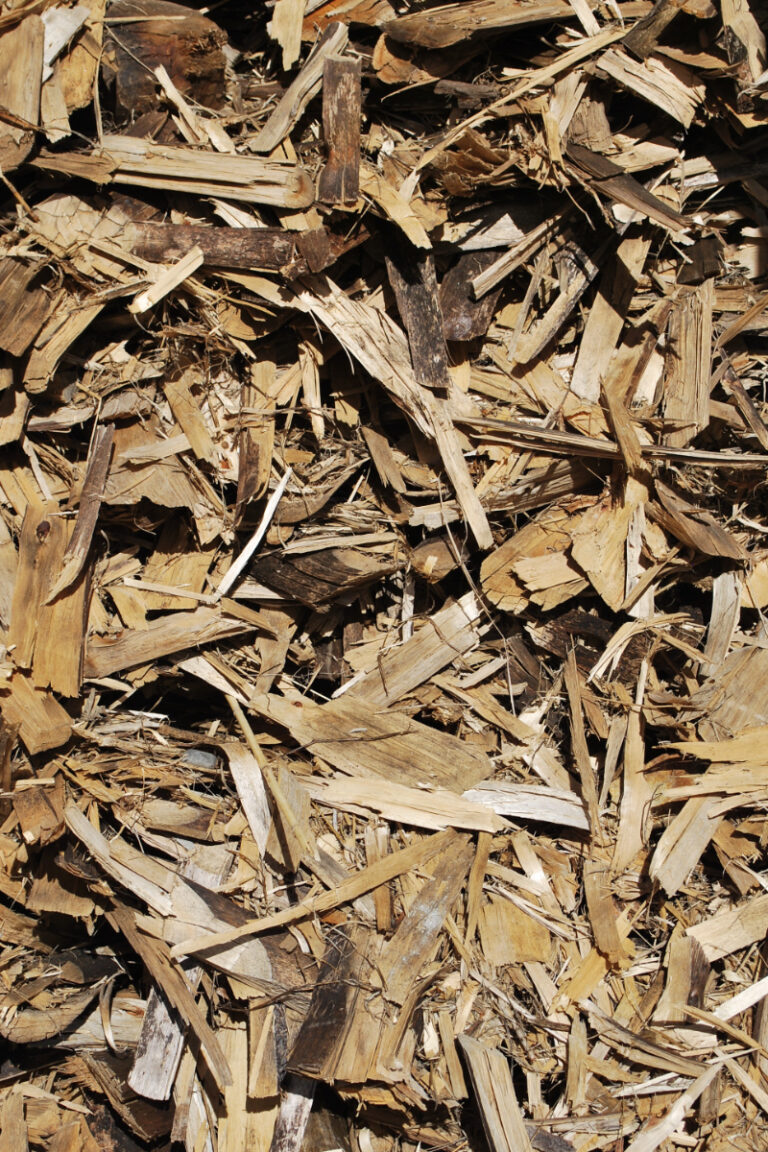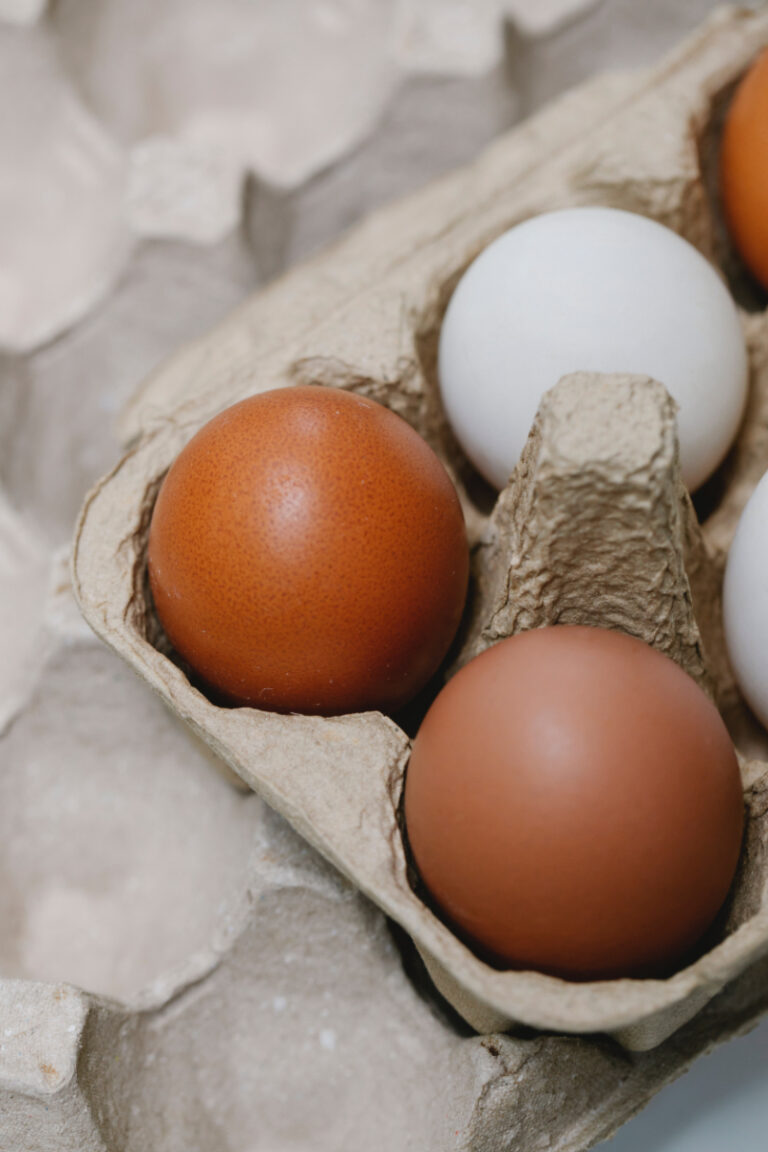Floral Fertilizer: Transform Your Flowers into Compost Gold
Composting is an eco-friendly practice that you should consider incorporating into your daily life. It’s a natural process that transforms your kitchen scraps and yard waste into a rich, fertile material that can greatly benefit your garden.
Not only does composting reduce the amount of waste sent to landfills, but it also enriches the soil in your garden, helping plants grow healthier and stronger.
Understanding the basics of composting is the first step in this green journey. Composting involves three basic ingredients: greens (which provide nitrogen), browns (which provide carbon), and water.
The greens include materials like fruit and vegetable scraps, coffee grounds, and fresh grass clippings. Browns, on the other hand, consist of items such as dead leaves, branches, and cardboard. Water provides moisture to help break down the organic matter.
But where do flowers fit into the composting equation? Can you compost flowers? The short answer is yes! Flowers can be a great addition to your compost pile, providing both aesthetic and practical benefits. Read on to discover more about the benefits of composting flowers and how to do it correctly.
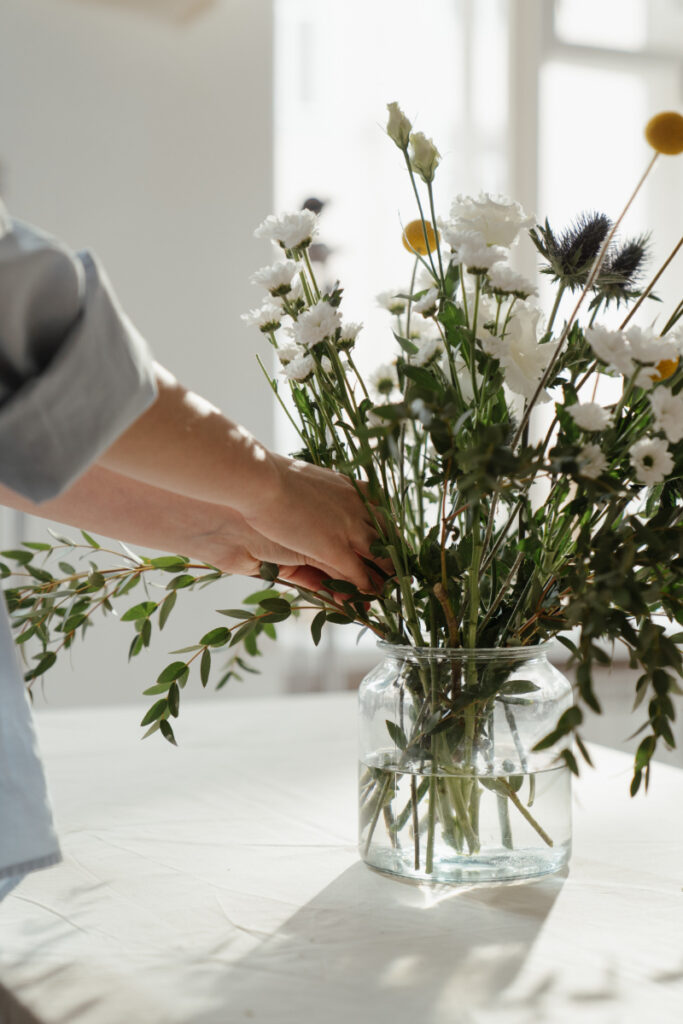
Understanding What Can Be Composted
When it comes to composting, it’s important to know what materials can be added to your compost pile. The rule of thumb is that most organic material can be composted. This includes a wide range of items from your kitchen and garden.
Yes, You Can Compost Flowers!
One common question that arises when discussing compostable materials is: can you compost flowers? Absolutely! Whether they’re from your garden or a bouquet that’s past its prime, flowers are a fantastic addition to your compost heap. They fall under the ‘green’ category in composting terms, meaning they are rich in nitrogen – a vital nutrient for the composting process.
Flowers not only contribute to the nutrient balance of your compost pile but also add color and fragrance, making the composting process more pleasant. Remember to remove any plastic wrappings or ribbons before composting store-bought bouquets, as these materials do not break down in the compost pile.
Other Common Items You Can Compost
Beyond flowers, there are numerous other items that can be composted. In the kitchen, fruit and vegetable peels, coffee grounds, tea bags, and eggshells make great compost.
From the garden, grass clippings, leaves, small branches, and plant trimmings can all be added to the compost pile. Even paper products like newspapers, cardboard, and non-glossy paper can be composted.
However, it’s equally important to know what not to compost. Meat, dairy products, diseased plants, and pet waste should be avoided. These items can attract pests and create unpleasant odors.
Understanding what can and cannot be composted is the first step towards creating a successful compost pile. With this knowledge in hand, you’re well on your way to reducing waste and creating nutrient-rich compost for your garden.
The Benefits of Composting Flowers
When you compost flowers, you are not just disposing of them in an environmentally-friendly way, but also unlocking a wealth of benefits for your garden. Here’s how composting flowers can enhance your compost heap and, subsequently, your garden’s health.
How Your Compost Heap Benefits From Flowers
Flowers contribute valuable nutrients to your compost pile. They are considered ‘green’ compost material, meaning they are rich in nitrogen. Nitrogen is essential in the composting process as it helps break down ‘brown’ materials, which are high in carbon. This balance between ‘greens’ and ‘browns’ is crucial for successful composting.
Moreover, flowers can bring diversity to your compost heap. Different types of flowers decompose at varying rates and contribute a range of nutrients, enhancing the overall quality of your compost.
Lastly, flowers add aesthetic appeal to your compost pile. Their vibrant colors and pleasant scents can make the composting process more enjoyable and less of a chore.
The Nutrients Flowers Add to Your Compost
Flowers are nutrient-dense, meaning they can significantly enrich your compost. Most flowers are high in nitrogen, a nutrient that stimulates plant growth. Some flowers, like marigolds and sunflowers, are known to contain other nutrients like phosphorus and potassium, which are also beneficial for plants.
By adding flowers to your compost, you’re essentially recycling these nutrients back into the soil. When you use this flower-enriched compost in your garden, you’re providing your plants with a natural, balanced diet that promotes healthy growth and resistance to diseases.
How to Compost Flowers
Now that you understand the benefits of composting flowers, it’s time to learn how to do it properly. Composting flowers isn’t complicated, but there are a few steps and considerations to ensure that your compost pile remains healthy and efficient.
The Correct Way to Add Flowers to Your Compost Pile
Adding flowers to your compost pile is as simple as tossing them on top. However, if the flowers are large or have thick stems, it’s best to chop or break them down into smaller pieces first. This helps speed up the decomposition process.
Remember, flowers are considered ‘green’ compost material, so they should be balanced with ‘brown’ materials like leaves, paper, or wood chips. A general rule of thumb is to maintain a ratio of 1 part ‘green’ to 2 parts ‘brown’. This balance helps maintain a healthy compost pile by ensuring efficient decomposition and preventing unpleasant odors.
Mistakes to Avoid When Composting Flowers
While composting flowers is generally straightforward, there are a few mistakes to avoid. Firstly, ensure the flowers you’re composting aren’t diseased or infested with pests. These issues can potentially spread to the rest of your compost pile and garden.
Secondly, avoid composting flowers that have been treated with pesticides or other harmful chemicals. These substances can linger in your compost and harm beneficial organisms that aid in decomposition.
Lastly, be cautious when composting invasive species. Some flowers, like dandelions or bindweed, can regrow from their roots or seeds, potentially spreading throughout your garden.
Composting Specific Types of Flowers
While the process of composting flowers is generally straightforward, there can be specific considerations when dealing with different types of flowers. Below, we delve into composting roses and lilies – two popular types of flowers that you might find yourself wanting to compost.
Composting Roses: What You Need to Know
Roses are one of the most loved flowers worldwide. However, they can be a bit tricky to compost due to their woody stems and thorns. The key to composting roses effectively is to chop them up into smaller pieces. This helps speed up the decomposition process.
The thorns on roses don’t need to be removed before composting. They will break down over time just like the rest of the plant material. However, be careful when handling rose stems to avoid injury.
Like all other flowers, roses should be healthy and free from disease or pests before being added to the compost pile. Diseased roses can spread the infection to other plants in your garden when the compost is used.
Can You Compost Lilies? Here’s the Answer
Lilies, with their dramatic blooms and intoxicating fragrance, are another popular flower. But can you compost them? The answer is yes!
Lilies are great for composting. They break down quickly due to their softer stems and leaves. Just ensure the lilies haven’t been treated with any harmful chemicals that could negatively impact your compost pile.
One thing to note when composting lilies is to avoid composting any parts of the lily that may be toxic to pets if ingested. Certain types of lilies are known to be highly toxic to cats, for example. So if you have pets that may access your compost pile, it’s best to keep lilies out of it.
Frequently Asked Questions
Composting flowers, like any other gardening practice, can bring up a lot of questions. To help you navigate this process, here are answers to some commonly asked questions about composting flowers.
1. Can I compost flowers from a florist?
Yes, you can compost flowers from a florist. However, make sure to remove any plastic wrappings, ribbons, or wire supports before adding them to your compost pile. Also, be aware that these flowers may have been treated with preservatives or pesticides, which could potentially impact the health of your compost pile.
2. What if the flowers have seeds? Will they sprout in my compost?
Flowers with mature seeds can potentially sprout in your compost pile. If you want to avoid this, you can remove the seed heads before composting. Alternatively, turning your compost pile regularly can help to bury the seeds and prevent them from sprouting.
3. Can I compost dead flowers?
Absolutely! Dead flowers are perfect for composting. They will break down quickly and add valuable nutrients to your compost pile.
4. Are there any flowers I shouldn’t compost?
Avoid composting flowers that are diseased, infested with pests, or treated with harmful chemicals. Also, be cautious when composting invasive species, as they can potentially spread throughout your garden.
5. Do I need to chop up the flowers before composting?
While it’s not necessary to chop up flowers before composting, doing so can speed up the decomposition process. This is particularly helpful for flowers with thicker stems.
In Conclusion: The Power of Flower Composting
Composting flowers is a simple, eco-friendly practice that brings multiple benefits. Not only does it reduce the amount of waste sent to landfills, but it also enriches your garden soil with essential nutrients, promoting healthier and more robust plants.
From roses to lilies and everything in between, most flowers can be composted effectively. Just remember to balance them with ‘brown’ compost materials, chop up larger flowers for quicker decomposition, and avoid composting diseased flowers or those treated with harmful chemicals.
Composting flowers goes beyond mere disposal; it’s a way to recycle them in the most beneficial manner. The nutrients they once absorbed from the earth are replenished into the soil, fostering a cycle of growth and sustainability.
So next time you find yourself with a bouquet past its prime or spent flowers from your garden, don’t just throw them away. Add them to your compost pile and let them contribute to the health and vitality of your garden. Happy composting!

